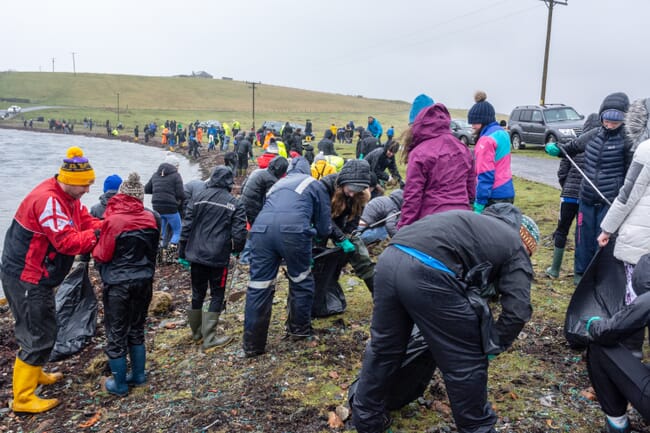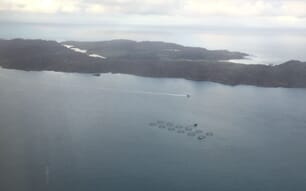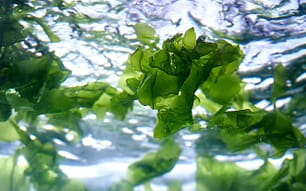
For the seventh year in a row, salmon producer Scottish Sea Farms (SSF) will take part in the Marine Conservation Society’s Great British Beach Clean – an annual community event which aims to clean up beaches around the UK whilst also categorising the rubbish collected.
For this year’s edition of the event, which runs from 20 to 29 September, Scottish Sea Farms has registered to pitch in for 16 beach cleans so far, three of which will be in the Highlands and open to public to join in to clean up their local coastline.
The company’s involvement in the scheme, this year lead by Iain Flack, farm manager at SSF’s Kishorn site, states that the company’s involvement is important to many of SSF’s employees.
“It’s not a question of engaging with the local community, we are part of the local community. The majority of the farm team live in and around the area so it’s only natural that we want to look after it. The more of us locally who pitch in, the bigger the difference we’ll make,” Flack said, in press release.
“Our farm teams are involved in beach cleans throughout the year, from the ad-hoc to local community events, but the Great British Beach Clean is great for enlisting the support of colleagues from across the wider company. This year’s new addition of a £100 Heart of the Community donation to a local good cause, for every beach cleaned, has helped drive up registrations even further, delivering double the benefit to communities,” added Jessica Taylor-Mckaig, SSF’s Heart of the Community coordinator.
Information on how to get involved with this year's Great British Beach Clean can be found on the Marine Conservation Society website.




